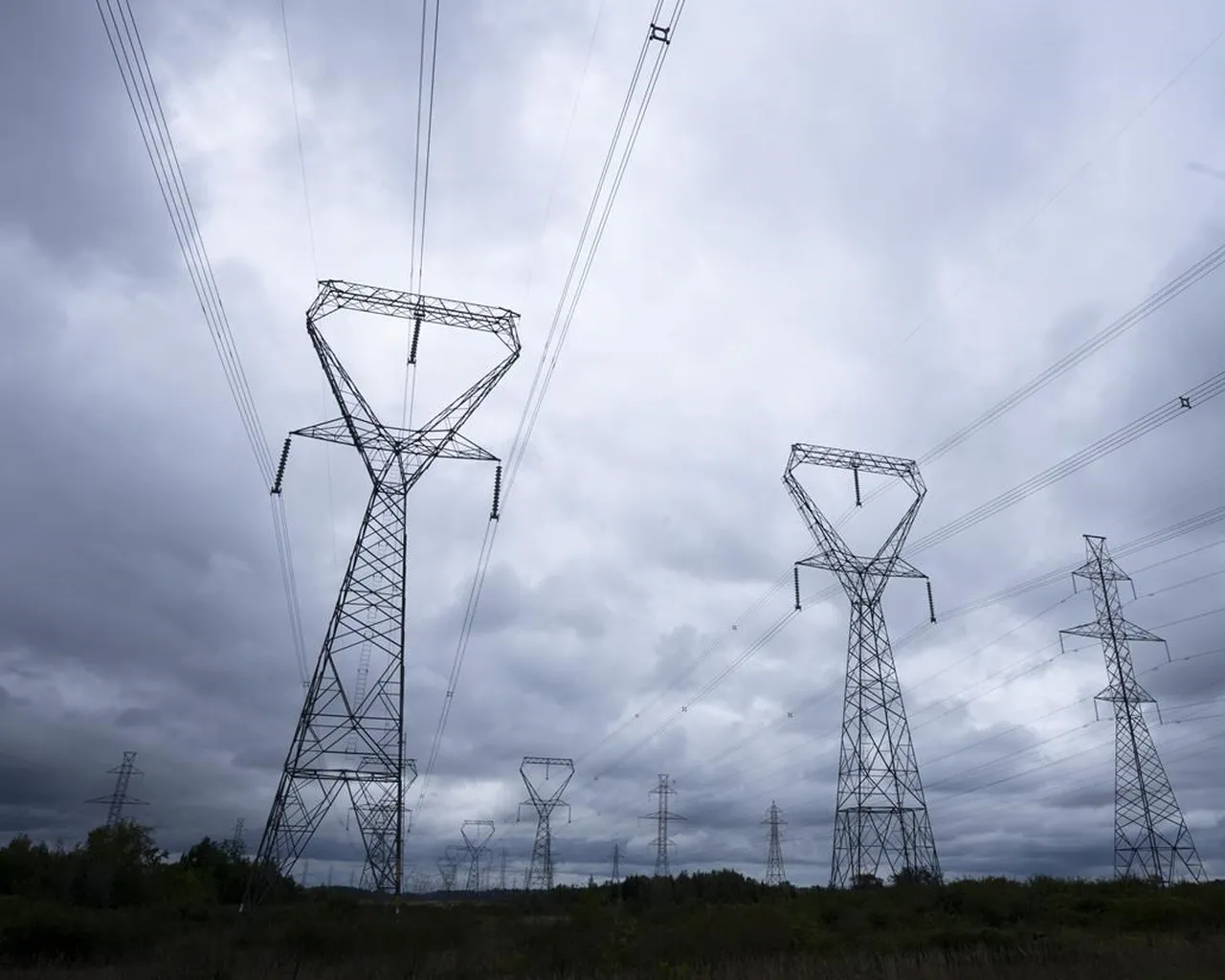The Bank of England carried out its biggest interest rate hike in three decades on Thursday, joining the US Federal Reserve and other central banks around the world in rapid hikes as it tries to stubbornly fend off inflation fueled by Russia’s invasion of Ukraine and the disastrous economic policies of former Prime Minister Liz Truss.
The central bank raised its benchmark rate by three-quarters of a percentage point, to three percent, after consumer price inflation returned to a 40-year high in September. The aggressive move comes even as the bank predicted a two-year economic contraction until June 2024, which would be the longest recession since at least 1955, according to the Office for National Statistics.
“If we don’t act to bring inflation down, it gets worse,” Bank of England Governor Andrew Bailey told reporters. “There is no easy outcome in this sense.”
Even so, the central bank is unlikely to raise its policy rate too much, he said, but with the uncertainties ahead, policymakers will “respond forcefully” if necessary.
The interest rate decision is the first since the Truss government announced 45 billion pounds (C$69 billion) in unfunded tax cuts that sparked turmoil in financial markets, spiked mortgage costs and forced Truss out of office after just six weeks. His successor, Rishi Sunak, has warned against spending cuts and tax increases as he seeks to undo the damage and show Britain is committed to paying its bills.
“High energy, food and other bills are hitting people hard. Households have less to spend on other things. This means the size of the UK economy has started to shrink,” the bank said in a statement. its November monetary policy report.
The rate hike is the Bank of England’s eighth consecutive and largest since 1992. It comes after the US Federal Reserve on Wednesday announced a fourth straight three-quarter point jump as central banks around the world combat inflation which erodes living standards and slows the economy. growth.
Central bank reaction intensifies
Central banks have struggled to contain inflation after initially believing price rises were fueled by international factors beyond their control. Their reaction intensified in recent months when it became clear that inflation was taking root in the economy, translating into higher borrowing costs and higher wage demands.
The war in Ukraine has driven up food and energy prices around the world as shipments of natural gas, grain and cooking oil have been halted. This came on top of inflation which started to pick up last year as the global economy began to recover from the COVID-19 pandemic.
WATCH | The British Pound falls against the US Dollar:
The pound fell to its lowest level against the US dollar since 1985, before rebounding on Monday. At one point, it was trading almost at par with the greenback.
Europe has been particularly hard hit by a spike in natural gas prices as Russia responded to Western sanctions and support from Ukraine by cutting shipments of fuel used to heat homes, generate electricity and electricity. electricity industry, and European nations have competed for alternative supplies on world markets. .
The UK also struggled, with wholesale gas prices quintupling in the 12 months to August. While prices have fallen by more than 50% since the peak in August, they are likely to rise again during the winter heating season, worsening inflation.
The British government has sought to protect consumers with a cap on energy prices. But after the turmoil caused by Truss’ economic policies, Treasury chief Jeremy Hunt limited the price cap to six months instead of two years, ending on March 31.
Food prices soar, home ownership out of reach
Meanwhile, food prices jumped 14.6% in the year to September, driven by soaring prices for staples such as meat, bread, milk and eggs , said the Office for National Statistics. This brought consumer price inflation down to 10.1%, the highest level since early 1982 and equal to the level last seen in July.
The rising cost of tea bags, milk and sugar means that even the “humble” cup of tea, which people across the country turn to when they need a break from the pressures of daily life, is becoming more expensive, according to the British Retail Consortium said on Wednesday.
“While some supply chain costs are starting to come down, this is more than offset by the cost of energy, which means a tough time ahead for retailers and households,” said Helen Dickinson, director general of the consortium.
The failure of Truss’ economic plan has made matters worse, pushing the pound to a record high against the dollar, threatening the stability of some pension funds and triggering predictions that the Bank of England will raise interest rates higher than expected. This increased mortgage costs as lenders reviewed their products.
According to a study published this week by Hamptons, a British estate agency, the economic turmoil is making home ownership even more inaccessible for many young people.
Mortgage rates are averaging around 6.5%, compared to 2% a year ago.
This means the average first-time home buyer would need to put down a down payment equal to 41% of the purchase price to keep their monthly repayments at the same level as a similar buyer who made a 10% down payment last year. , Hamptons said. .
#Bank #England #announces #biggest #rate #hike #years #RadioCanada #News





